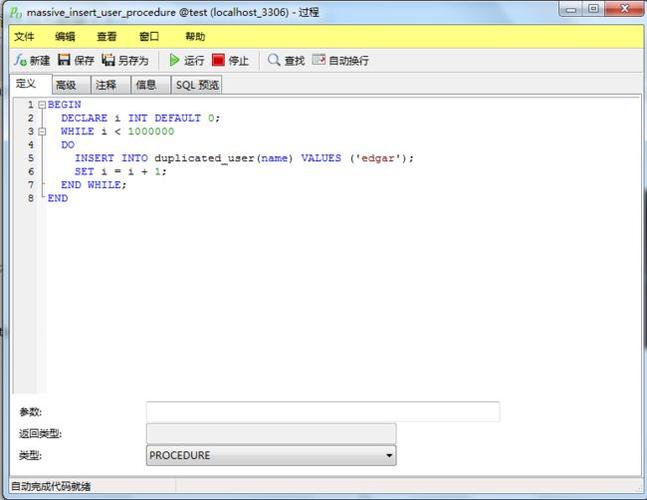Python爬虫是一种自动获取网络信息的技术,常用于数据挖掘、搜索引擎优化等。基本用法包括请求网页、解析网页和存储数据。常用库有requests、BeautifulSoup和Scrapy。
Python爬虫是一种自动化获取网络信息的工具,通常使用Python编程语言来实现,下面是一些Python爬虫常用的用法技巧和基本用法:

1、请求网页数据
使用requests库发送HTTP请求并获取响应数据。
“`python
import requests
url = "https://example.com"
response = requests.get(url)
content = response.text

“`
2、解析网页数据
使用BeautifulSoup库解析HTML页面并提取所需信息。
“`python
from bs4 import BeautifulSoup
soup = BeautifulSoup(content, "html.parser")
title = soup.title.string

“`
3、处理分页和翻页
通过分析网页的分页结构,循环发送请求并提取每个页面的数据。
“`python
for page in range(1, 10):
url = f"https://example.com/page/{page}"
response = requests.get(url)
content = response.text
# 解析和提取数据的逻辑
“`
4、处理重试和异常
使用tryexcept语句处理请求失败或解析错误等异常情况,并进行相应的重试操作。
“`python
for page in range(1, 10):
try:
url = f"https://example.com/page/{page}"
response = requests.get(url)
content = response.text
# 解析和提取数据的逻辑
except requests.exceptions.RequestException as e:
print(f"请求异常: {e}")
# 重试逻辑
“`
5、存储数据
根据需求将爬取到的数据存储到文件、数据库或进行进一步处理。
“`python
with open("output.txt", "a") as file:
file.write(f"标题: {title}
")
“`
6、使用代理和伪装
使用代理IP和伪装UserAgent来绕过网站的反爬虫机制。
“`python
headers = {"UserAgent": "Mozilla/5.0"}
proxies = {"http": "http://proxy.example.com:8080"}
response = requests.get(url, headers=headers, proxies=proxies)
“`
7、使用正则表达式
使用re模块中的正则表达式来匹配和提取特定的文本模式。
“`python
import re
pattern = r"d+.d+|d+"
prices = re.findall(pattern, content)
“`
8、使用XPath和CSS选择器
使用lxml库结合XPath或CSS选择器来精确定位和提取数据。
“`python
from lxml import html
tree = html.fromstring(content)
titles = tree.xpath("//h2/a/text()")
“`
9、使用Selenium处理动态内容
使用selenium库模拟浏览器行为,处理JavaScript生成的动态内容。
“`python
from selenium import webdriver
driver = webdriver.Chrome()
driver.get(url)
dynamic_content = driver.find_element_by_id("dynamic").text
“`
10、遵守爬虫道德规范
尊重网站的Robots协议,合理设置抓取频率,不滥用爬虫资源。
下面是一个关于Python爬虫基本用法的介绍,包括了一些常用的用法技巧:
requests库发送HTTP请求import requests
response = requests.get('http://www.example.com')BeautifulSoup库解析HTML内容from bs4 import BeautifulSoup
soup = BeautifulSoup(response.text, 'html.parser')title_tag = soup.find('title')
links = soup.find_all('a')title_text = title_tag.get_text()
link_url = link.get('href')for link in links:
print(link.get('href'))headers = {'UserAgent': 'Mozilla/5.0'}
response = requests.get(url, headers=headers)try:
response = requests.get(url, timeout=5)
except requests.RequestException as e:
print(e)import time
time.sleep(2)with open('data.txt', 'w') as f:
f.write(title_text)requests库处理Cookiesresponse = requests.get(url)
cookies = response.cookiesrequests.Session()维持会话with requests.Session() as session:
session.get(url)requests库提交表单data = {'username': 'user', 'password': 'pass'}
response = requests.post(url, data=data)response = requests.get(url, params={'ajax': 'true'})proxies = {'http': 'http://10.10.1.10:3128', 'https': 'http://10.10.1.10:1080'}
response = requests.get(url, proxies=proxies)response = requests.get(url, verify=False)请注意,以上代码只是作为示例提供,实际使用时可能需要根据具体情况进行调整,在使用爬虫时,应当遵循网站的robots.txt文件规定,尊重版权和隐私,合法合规地采集数据。
本文来源于互联网,如若侵权,请联系管理员删除,本文链接:https://www.9969.net/8518.html

